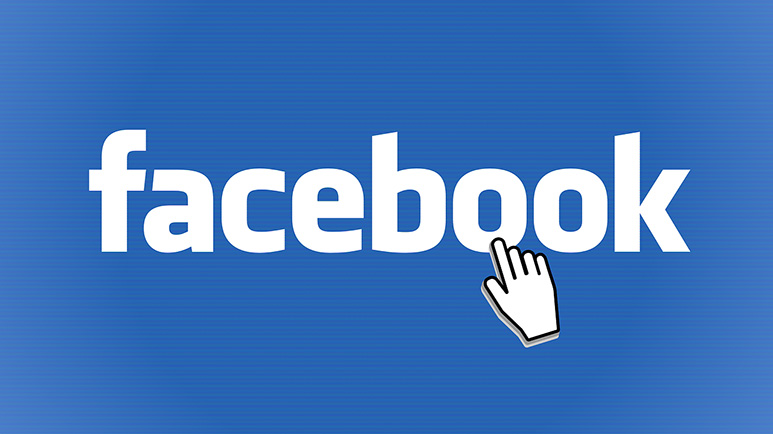“We are responding to the situation in Sri Lanka and removing hate speech and content that incites violence as soon as we’re made aware of it” -Facebook spokesperson
By Mahesh Abeyewardene
Facebook is actively monitoring and responding to the situation in Sri Lanka, where fake news and hate content on social media is being used to fuel communal tensions. In a statement e-mailed to lankareporter.com the social media giant said it was removing Sri Lanka hate content as soon as it was made aware of it.
Sri Lanka’s President declared a state of emergency for seven days following violence in the central Sri Lanka. The incident was sparked after a roadside altercation between four Muslim individuals and a truck driver, which killed the Sinhalese truck driver in the central district of Kandy last week.
Following the funeral, reprisals fueled by social media took place where mobs burnt establishments belonging to Muslims in the town of Digana. Curfew was reinstated in Kandy where body of a 24-year-old Muslim man was found in a burnt out building in Digana.
Currently Facebook is working with law enforcement and the authorities in Sri Lanka to remove content that violates the social media platform’s policies.
Visited Kandy to discuss the prevailing situation and with religious leaders and law enforcement authorities. I ordered to strengthen security in the area. pic.twitter.com/c6EW9ckjod
— Maithripala Sirisena (@MaithripalaS) March 7, 2018
As a nation that endured a brutal war we are all aware of the values of peace, respect, unity & freedom. The Govt condemns the racist & violent acts that have taken place over the last few days. A state of emergency has been declared & we will not hesitate to take further action.
— Ranil Wickremesinghe (@RW_UNP) March 6, 2018
“The safety of our community is absolutely critical to us. We have clear rules against hate speech and incitement to violence and work hard to keep it off our platform. We are responding to the situation in Sri Lanka and removing hate speech and content that incites violence as soon as we’re made aware of it,” a Facebook spokesperson said in an e-mailed statement to lankareporter.com.
Sri Lanka has temporarily blocked social media in most of the country in order to “limit the spread of hate speech and violence”, the Colombo Gazette newspaper reports.
— BBC Monitoring (@BBCMonitoring) March 7, 2018
Earlier Digital Infrastructure and Foreign Employment Minister Harin Fernando today said extraordinary measures were taken to restrict access to certain social media websites and phone messaging applications, according to Colombo’s Daily Mirror.
8/ Appeal to all peace-loving #lka citizens online:
THINK before sharing #SocialMedia content spreading fear or hate
BEAR witness digitally to any communal violence near you
CARE & protect (where possible) those in danger of attack
DEMAND govt to police the streets, not the web!— Nalaka Gunawardene (@NalakaG) March 7, 2018
‘Destroying Families’
“The last few days have seen technology created to bring people together, being used to pull people apart. Social media websites such as Facebook, Whatsapp and Viber – which were created to bring us closer to our friends and family and make communication free and convenient, have been used to destroy families, lives and private property,” added the minister.
Last November, Sri Lankan-born Chamath Palihapitiya, Facebook’s former head of user growth, told the Stanford Graduate School of Business that he feels “tremendous guilt” over Facebook’s divisive role in society.
Palihapitiya said how fake news spread through the mobile social media WhatsApp in India led to the lynching of seven innocent people last May.
“If you feed the beast, that beast will destroy you. If you push back on it, we have a chance to control it and rein it in. It is a point in time where people need a hard break from some of these tools and the things that you rely on,” Palihapitiya said.
“The short-term, dopamine-driven feedback loops that we have created are destroying how society works.”

